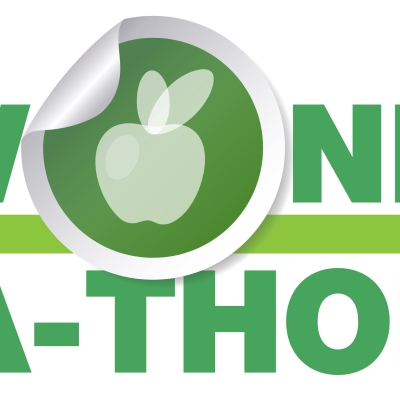- Good news from out west: According to a new study conducted jointly by Stanford, the University of Washington, and the RAND Corporation, our newer cohorts of teachers are entering the profession with appreciably better academic pedigrees than their predecessors of fifteen and twenty-five years ago. The researchers measured the SAT and ACT scores of about three thousand recently hired teachers across the United States from 1993, 2000, and 2008. While the Y2K-era newbies scored only in the thirty-ninth percentile for average SAT/ACT math, the 2008 group soared all the way to the commanding heights of the forty-sixth percentile! (Hey, any improvement is welcome, even if the beginning of the Great Recession probably played a role in ushering more qualified candidates into the profession.) If the news doesn’t exactly have you rushing for your party hats, consider this: Contrary to popular belief, the era of greater teacher accountability following No Child Left Behind hasn’t dissuaded good young candidates from entering the classroom.
- You can do a lot to improve education for underprivileged kids—improve teacher quality, tighten up academic standards, institute cultures of accountability—and still not make much progress toward closing the achievement gap separating them from their more advantaged peers. That’s because so much of that gap opens up while children are out of school: either before they hit kindergarten (when comparatively affluent kids are benefiting from the millions more words being spoken around them) or in the summer (when they pack up for summer camp and educational trips). Thankfully, a new program in Montgomery County, Maryland, is aiming to narrow both the achievement and enrichment gaps. Intended to serve more than four thousand struggling second and third graders over four years, the initiative is a kind of hybrid summer school/summer camp. It cushions against the damage of the “summer slide” with intensive classroom study, but mixes in art projects and field trips that many of its charges wouldn’t otherwise be able to access. These types of activities, along with sports and music lessons, are often denied to working-class and low-income kids, and the county should be commended for trying to level the playing field.
- The Ford Foundation made huge waves last year with the announcement that it would be reorienting its mission—along with its half-billion-dollar budget—toward the global struggle against inequality in all of its forms. This week, in a lengthy open letter published in Philanthropy magazine, Bush administration veterans Michael Gerson and Pete Wehner have urged the organization to instead pledge its resources to the related issue of social mobility. Warning against the danger of “drawing households into low-level subsistence instead of equipping them to seek something better,” the authors recommend a reprioritization of the problems of family disintegration and crumbling civic institutions in economically distressed areas. These are scourges lamented by social scientists like Robert Putnam and Charles Murray, but Fordham President Mike Petrilli also wrote a whole book on it. If striving families are going to get a chance to claw their way into the middle class, we’ll have to fix public schools first.
Policy Priority:

